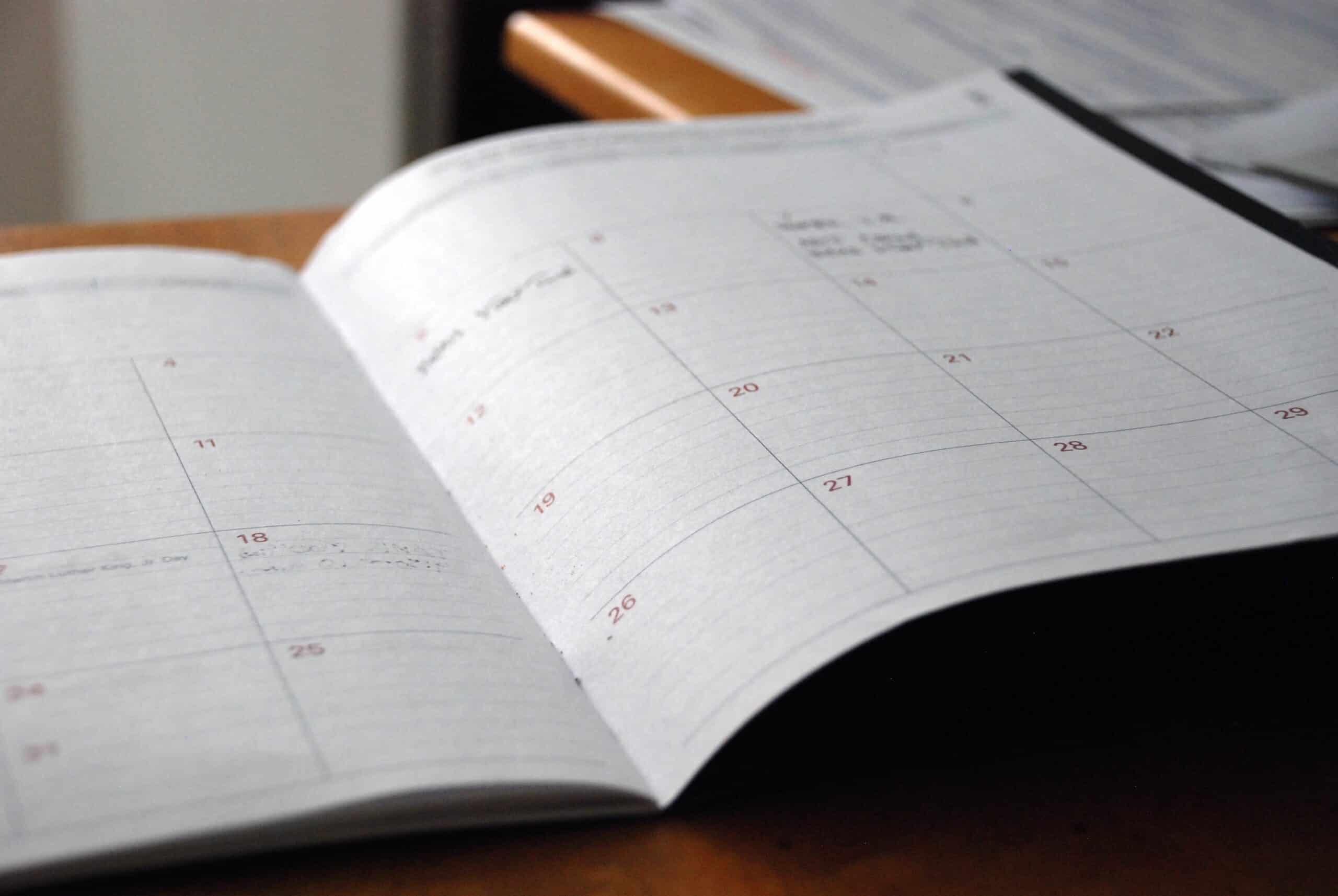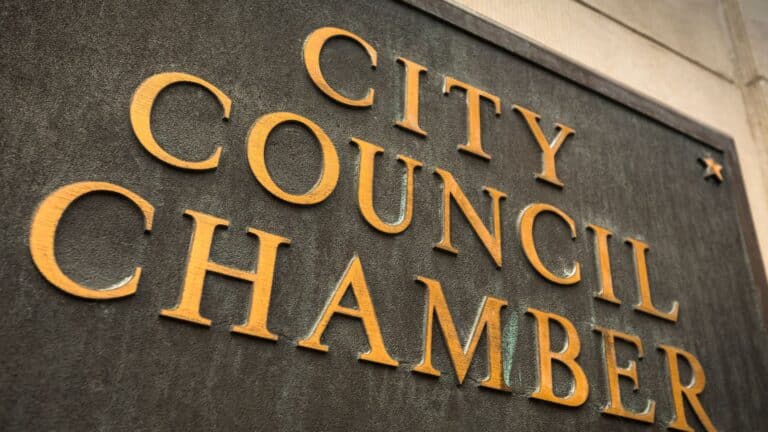
Notary Public Services
PDC Law provides expert notary services, ensuring your official documents meet legal requirements in Australia and internationally.
We assist with the certification, authentication, and legalisation of documents, offering reliable support for individuals and businesses needing legally recognised documentation.
- Legal Document Witnessing: Certifying signatures on contracts, affidavits, and declarations
- Notary Public Certification: Verification of official documents for overseas us
- Apostille & Authentication: Ensuring documents comply with international legal standards
A Notary Public has the statutory authority to verify, certify, and witness legal documents, ensuring they are recognised both in Australia and internationally. PDC Law provides expert notarial services, assisting individuals and businesses with all aspects of legal document authentication.
Official Notarial Registration & Apostille Process
All Notary Public seals and signatures are recorded in a government database held by Department of Foreign Affairs and Trade (DFAT). DFAT is responsible for issuing Apostilles (Authentication Certificates), verifying the authenticity of signatures and seals on Australian documents.
Additionally, every Notary Public’s signature, seal, or stamp is officially registered with the Supreme Court of New South Wales and the Society of Notaries of NSW, ensuring credibility and legal recognition worldwide.
Why do I need a Notary Public for document witnessing?
Notarisation ensures legal authenticity and is often required for documents used overseas.
What types of documents need notarisation?
Common examples include contracts, affidavits, statutory declarations, powers of attorney, and certified copies.
What is the difference between notarisation and an apostille?
Notarisation verifies a document’s authenticity, while an apostille further certifies it for international use under the Hague Convention.
How long does the notarial process take?
The timeframe depends on the complexity of the document and whether DFAT authentication is required.
Can PDC Law assist with obtaining an apostille?
Yes, we can guide you through the DFAT apostille and authentication process to ensure smooth international recognition.
Certain legal documents require notarial certification to be recognised overseas. PDC Law provides expert notary services, ensuring your documents meet the necessary legal standards for international use.
PDC Law Ensures Seamless Notarial Processing
We provide efficient, compliant, and internationally recognised document certification, ensuring legal validity in overseas jurisdictions.
Why do I need a Notary Public for official documents?
Many documents require notarisation to be legally recognised overseas, ensuring authenticity and compliance.
What types of documents need notarisation?
Common examples include contracts, wills, police checks, academic transcripts, and intellectual property filings
Can I notarise documents for international business transactions?
Yes, business agreements, property transfers, and trade documents often require notarisation before being accepted overseas.
Do documents for travel require notarisation?
Yes, forms such as minor travel consent documents may need notarisation for official approval.
How does notarisation differ from an apostille?
Notarisation verifies authenticity, while an apostille is an additional certification required for certain international documents under the Hague Convention.
An Apostille is an official certification required for Australian public documents to be legally recognised in countries that are signatories to the 1961 Hague Convention. It verifies the authenticity of a document’s signature, seal, or stamp, ensuring its acceptance overseas.
Understanding the Apostille Process
A Notary Public does not issue an Apostille, but their notarial certificate is often a necessary step in obtaining one. Once notarised, the document must be submitted to the Department of Foreign Affairs and Trade (DFAT), which affixes the Apostille to confirm its legitimacy for international use.
What is an Apostille?
An Apostille is an official certification issued by DFAT that verifies the authenticity of a document for use in countries that are part of the 1961 Hague Convention.
Which documents require an Apostille?
Common examples include birth certificates, marriage certificates, academic transcripts, business documents, and notarised contracts for international use.
Do all countries require an Apostille?
No, only countries that are signatories to the Hague Convention require an Apostille for document authentication. Others may need separate legalisation through their consulate.
Does a Notary Public issue an Apostille?
No, DFAT issues Apostilles, but a Notary Public’s certification is often required beforehand to ensure a document is eligible.
Can PDC Law assist with obtaining an Apostille?
Yes, we certify documents for Apostille eligibility and provide guidance on submitting applications to DFAT for final authentication.
If you require notarial services, the first step is to contact us for an appointment. Our process ensures efficiency, accuracy, and compliance with legal requirements, making your experience straightforward.
PDC Law Makes Notarisation Simple
We provide expert assistance to ensure your documents meet domestic and international legal standards.
What documents do I need to bring for my appointment?
A valid passport or driver’s licence is required to confirm your identity, along with any documents needing notarisation.
How much does notarial certification cost?
Fees vary depending on the complexity of your documents, but they follow the NSW Society of Notaries Fee Scale.
How long does a notary appointment take?
Most appointments last 20 to 40 minutes, depending on the number and complexity of documents.
Can PDC Law notarise documents in languages other than English?
Yes, but certified translation may be required before notarisation. We can assist with arranging this.
What happens if my documents are rejected by overseas authorities?
We ensure your documents meet international legal standards, reducing the likelihood of rejection. If needed, we provide guidance on corrections or additional authentication.
Legal Expertise
Proceed with confidence.
PDC Law is a specialist commercial, property and dispute resolution law firm. Our lawyers have a combined experience of over 40 years.
Related Articles
Explore more articles related to Notary Public Services
- Property Transactions, Business & Commercial Transactions"}" data-page="1" data-max-pages="1" data-start="0" data-end="0">









